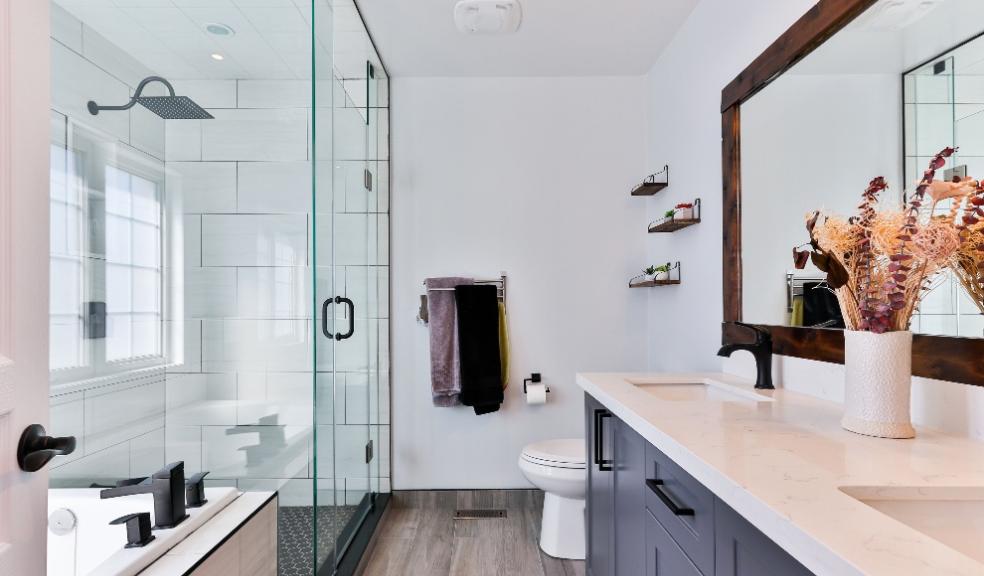
Top tips for ensuring electrical safety at home
As the UK’s increasingly homebound homeowners continue to invest in improving and updating their homes, NICEIC has issued a keen reminder of the importance of ensuring electrical safety is kept at the forefront – particularly when it comes to the bathroom.
Amid the ongoing surge of home improvement activity sparked by government lockdown measures, recent estimates1 suggest that nearly half of Brits have or plan to make improvements to their home this year equating to an average spend of £3,169. Notably, of the most common home improvement activities to be progressed during this time, almost a third (29%) will be spending their efforts and money on a bathroom renovation.
But, with safety being of paramount importance when it comes to any type of bathroom renovation work where electrics are present – NICEIC has issued some expert advice on dealing with electrics in the bathroom.
Paul Collins, NICEIC’s Technical Services Manager, said: “With the government having recently increased lockdown measures to include recommended remote working, it is likely that the ongoing home improvement trend will continue in the months to come as homeowners seek to use the extra time at home to improve their surroundings.
“This includes increase investment in bathroom renovation work, as the typical modern bathroom set up has evolved to become more than a functional space but rather a relaxing retreat, with luxuries such as separate showers, oversized tubs and even televisions.
“Inherently, however, water and electricity are a highly dangerous combination – which is why a bathroom is considered a special location when it comes to electrical work. As such, certain electrical work carried out in the bathroom must be notified to the local building control department so that it meets the appropriate safety standards in England & Wales.
“With this in mind, we’d strongly urge homeowners to speak to a registered electrical contractor before embarking on any bathroom renovation work, particularly when installing a new shower, lighting or heating system, such as underfloor heating. Failure to do so, and the reality is that that, while their brand new bathroom may look great, they could be unknowingly leaving themselves vulnerable to major safety risks, as well as being at risk of prosecution under the Building Regulations if the work does not comply to the relevant standards.”
NICEIC’s top tips for ensuring bathroom electrical safety include:
1. Before set up, get confirmation that existing electrical installations are in good shape for continued use and have the ‘spare capacity’ for any alterations and additions.
2. Consider your lighting options. Keep wall lights out of reach of water and enclosed to keep water out where required. If spotlights are being installed above a shower or bath then they must be suitable for that area and may need to be enclosed and it is also recommended that they are fitted properly with a fire hood or be fire rated for extra protection.
3. Invest in an extractor fan. If you don’t already have on in your bathroom, get a registered electrical contractor to install one. It will help to reduce the damage caused by steam and moisture to help prevent mould and mildew. The installation of an extractor fan may also need to be notified to the local building control department
4. Pay due diligence. Electrical sockets are permitted in bathrooms as long as they are located more than 3m from the edge of the bath or shower. Specially designed shaver units can be located nearer, but generally no closer than 600mm from the bath or shower.
5. Go Pro! Ultimately, electrical work in the bathroom should rarely be attempted by DIYers. Even if it seems a simple job, it is always advisable to seek the help of a registered electrical contractor, such as those registered with the NICEIC, who will be able to make sure all work is done safety and to required standards.









